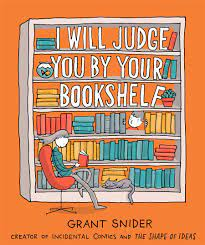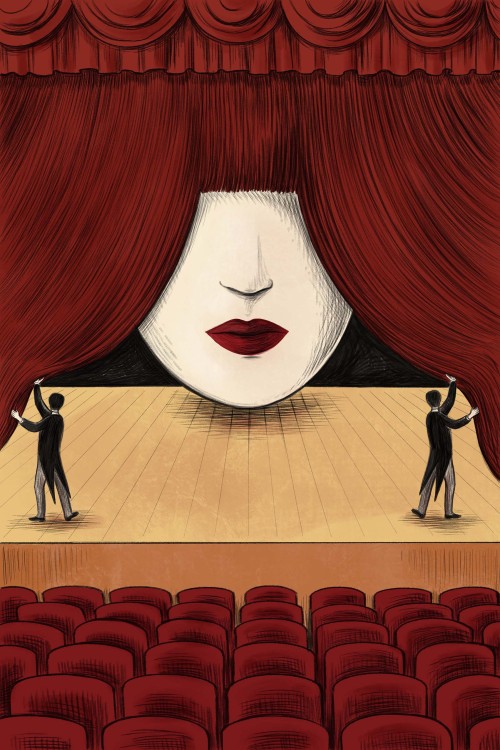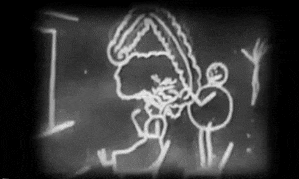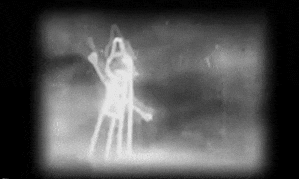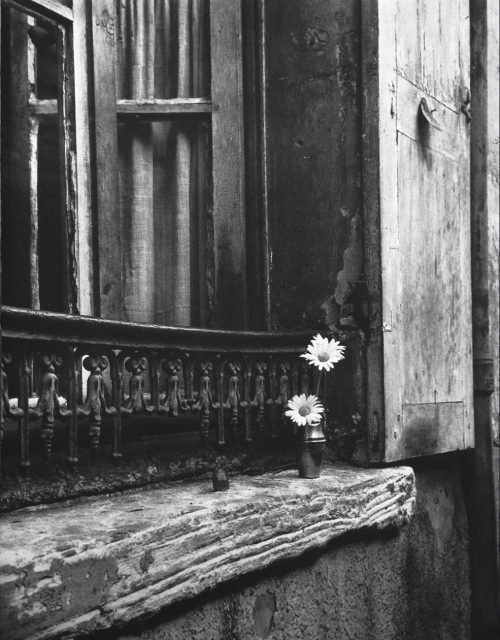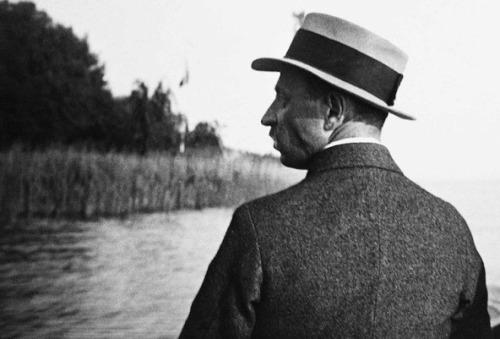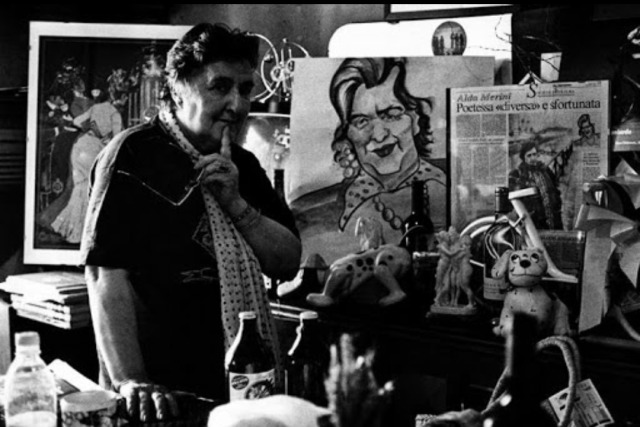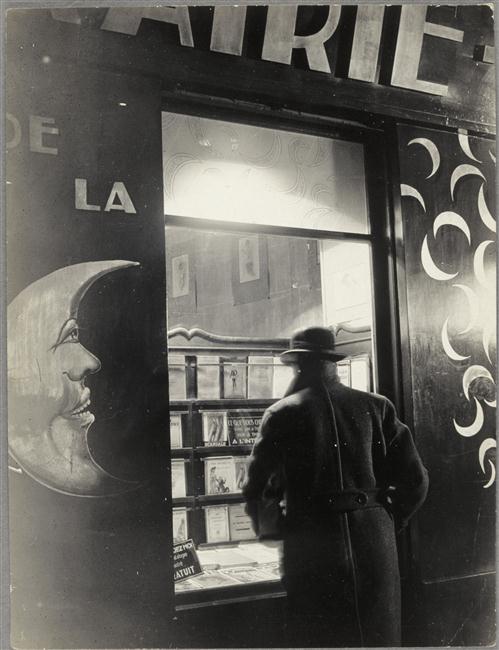50 more books I like and want to suggest
Some time ago I made a post about 50 books I liked and wanted to suggest. Many people seemed to have liked the post and since then I have read more, so here is part 2. These are literally just suggestions, you don’t have to read these books – I just like sharing what I like :D
(Also I hope that I won’t name a book from the other list, but if I do – well, that just shows you how much I like it I guess)
1. The Trojan Women, Euripides
2. Guards, Guards!, Terry Pratchett
3. Vengeful, V.E. Schwab
4. Hertha, Fredrika Bremer
5. Crime and Punishment, Fyodor Dostoevsky
6. Love, Hanne Ørstavik
7. The wild duck, Henrik Ibsen
8. The little friend, Donna Tartt (this book should be known much better – Tartt proves here that she can absolutely write fantastic and deep female characters. Also, southern gothic!)
9. The bell jar, Sylvia Plath
10. Bungo Stray Dogs (yes, I know, this is a manga series, but since almost all the characters are based on writers, I think it belongs here as well, and because it inspired me to look up many of the Japanese writers that are named.)
11. Mara und der Feuerbringer, Tommy Krappweis
12. Frankissstein, Jeanette Winterson
13. If on a winter’s night a traveler, Italo Calvino
14. Gentlemen and players, Joanne Harris
15. Silence of the lambs, Thomas Harris
16. Religion and the decline of magic, Keith Thomas
17. Tonio Kröger, Thomas Mann
18. Staubchronik, Lin Rina
19. Oranges are not the only fruit, Jeanette Winterson
20. Philoctetes, Sophokles
21. An Arrow’s flight, Mark Merlis
22. The Starless Sea, Erin Morgenstern
23. Kinderwhore, Maria Kjos Fonn
24. Warrior Cats, Erin Hunter
25. Educating Rita, Willy Russell
26. The age of the fish, Ödon von Horvath
27. Radio girls, Sarah-Jane Stratford
28. The golden Compass, Phillip Pullman
29. The psychology of time travel, Kate Mascarenhas
30. Earthlings, Sayaka Murata (although MASSIVE trigger-warnings – that book is one of the most fucked up things I have read in a long time)
31. The Private Memoirs and Confessions of a Justified Sinner, James Hogg
32. The easter Parade, Richard Yates
33. How to stop time, Matt Haig
34. A moveable feast, Ernest Hemmingway
35. Schöner als der Tod, Boris Akunin
36. The noise of time, Julian Barnes
37. Lady Chatterley’s lover, D. H. Lawrence
38. No longer human, Osamu Dazai
39. A separate peace, John Knowles
40. A gentleman’s guide to vice and virtue, Mackenzi Lee
41. Brave new world, Aldous Huxley
42. Die Buchspringer, Mechthild Gläser
43. Erebos, Ursula Poznanski
44. Dr. Faustus, Christopher Marlowe
45. The lessons, Naomi Alderman
46. Middlesex, Jeffrey Eugenides
47. Effi liest, Anna Moretti
48. Hunger, Knut Hamsun
49. The strange tale of panorama island, Edogawa Ranpo
50. Myths/Mythen, Johannes V. Jensen









